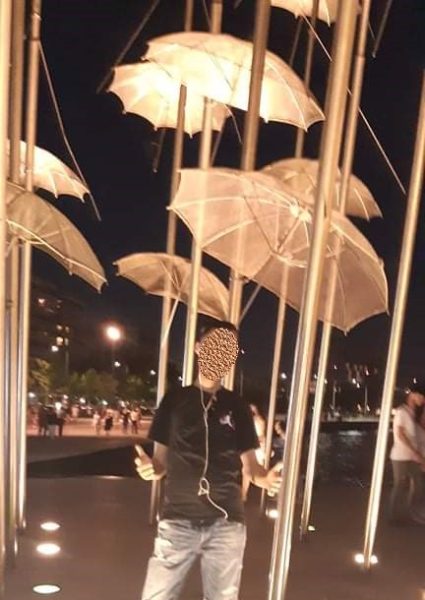In Greece, access to asylum is still limited. It started in March when the Greek government suspended the right to apply for asylum followed by the lockdown measures when the asylum service was shut down.Today, on mainland Greece, in order to submit an asylum application, a person has to call the skype service, service that is unreachable, or to present themselves at the police station and register their will for asylum. However, if they belong to a certain nationality, it is likely they will be arrested and detained throughout their asylum procedure.
The respondent is an Algerian national, 30 years of age. He had been in Greece for one month and a half before being arrested in one of the main squares of Thessaloniki. Algeria is considered a safe country of origin. Often, if stopped by the police on the street, Algerians will be detained and have their asylum procedure in detention. The measure is not in accordance with neither Greek law (Article 46(1), Law no. 4636/2019) nor with European Directives (Article 8(1) or Directive 2013/33/EU) stating that a person cannot be detained for the sole purpose of applying for asylum.
The police informed him that he will be issued a khartia (a document temporarily regularizing his stay). He was taken to a central police station and one day later was transferred to a more remote police station. He declared he was fingerprinted, photographed, and was asked to sign documents without an interpreter being provided. His belongings were all removed, including his phone and the cash he had in his possession. He was held for about 4 or 5 days.
Similarly to previously reported cases of pushbacks from Thessaloniki to Turkey, the respondent was loaded into a blue bus, with bars outside the windows, together with other 30 persons. Policemen were accompanying the transfer. They were driven for about 5 hours to an undisclosed location where around 140 persons were present. The respondent declares that they moved and held in a separate bus for some hours before being transported to the border.
It was already dark when they arrived at the river bank. The policemen who pushed them back were wearing uniforms but he cannot recall the colors. He does remember they were speaking Greek among themselves and that they were wearing balaclavas. There were around 15 policemen participating in the operation.
The respondent described that the persons driving the boats were foreigners themselves, based on their accent they must have been Syrians. The boats were provided by the police. They were crossed over that same night. The respondent has given the testimony remotely, from Istanbul, where he is currently located.

